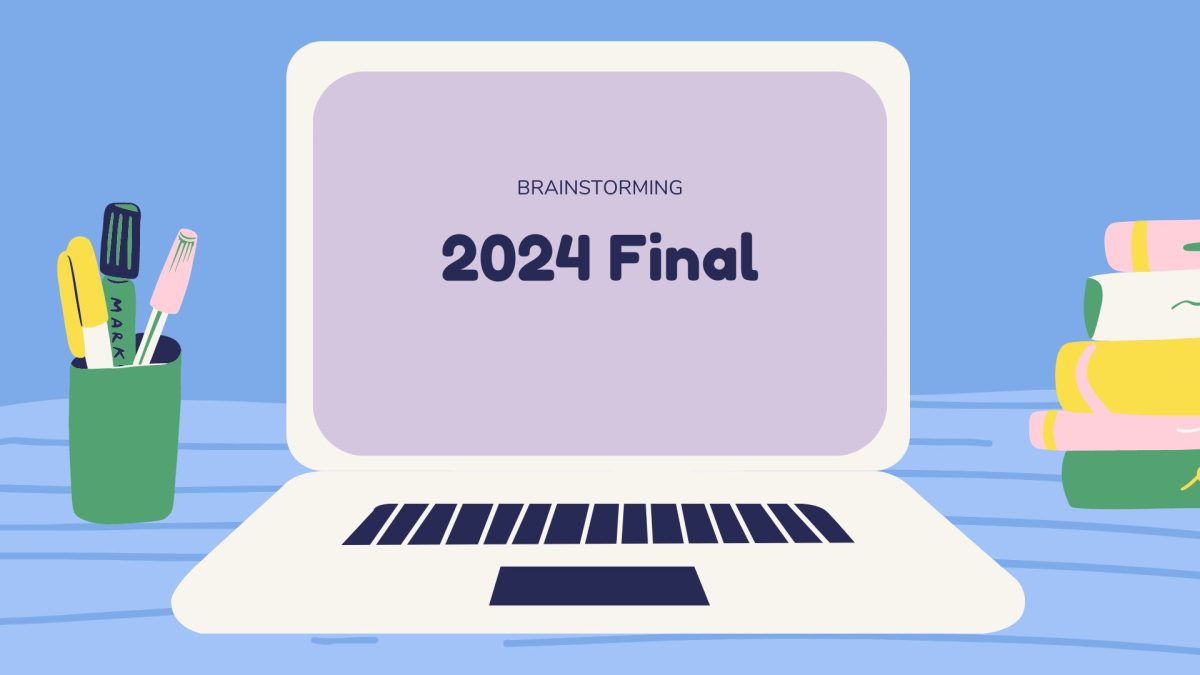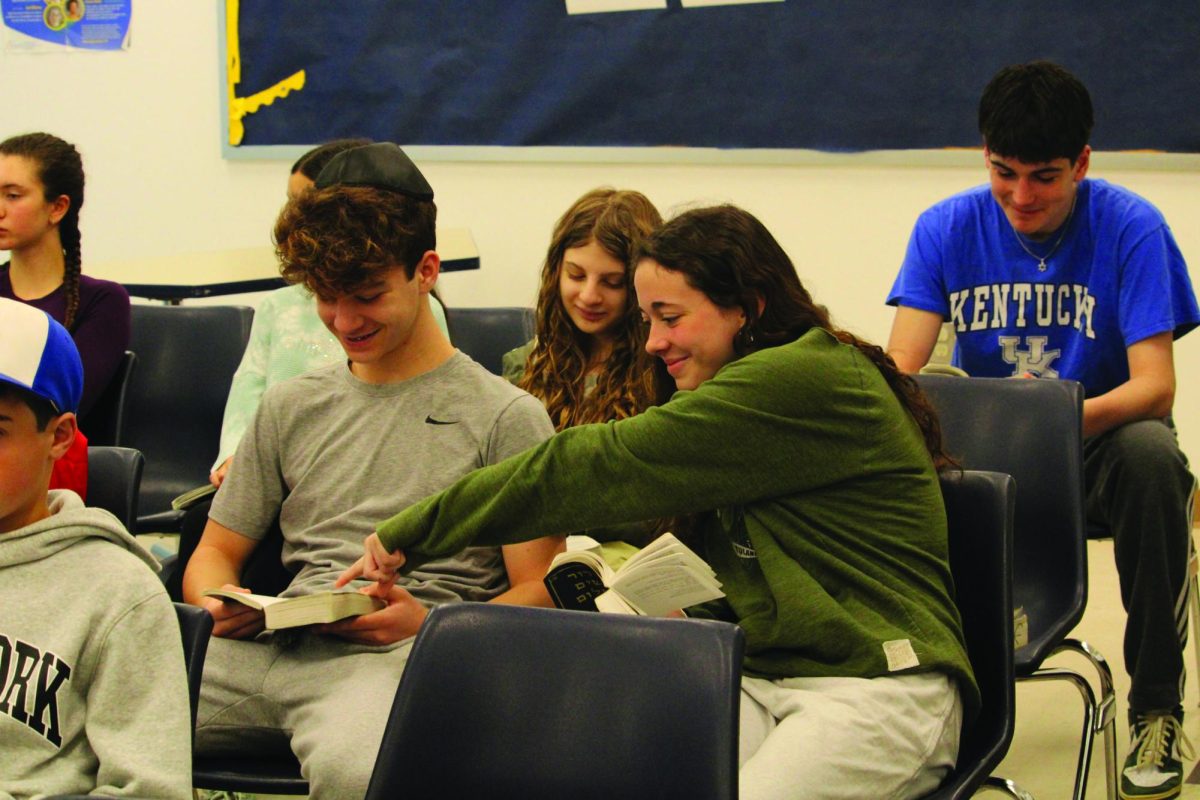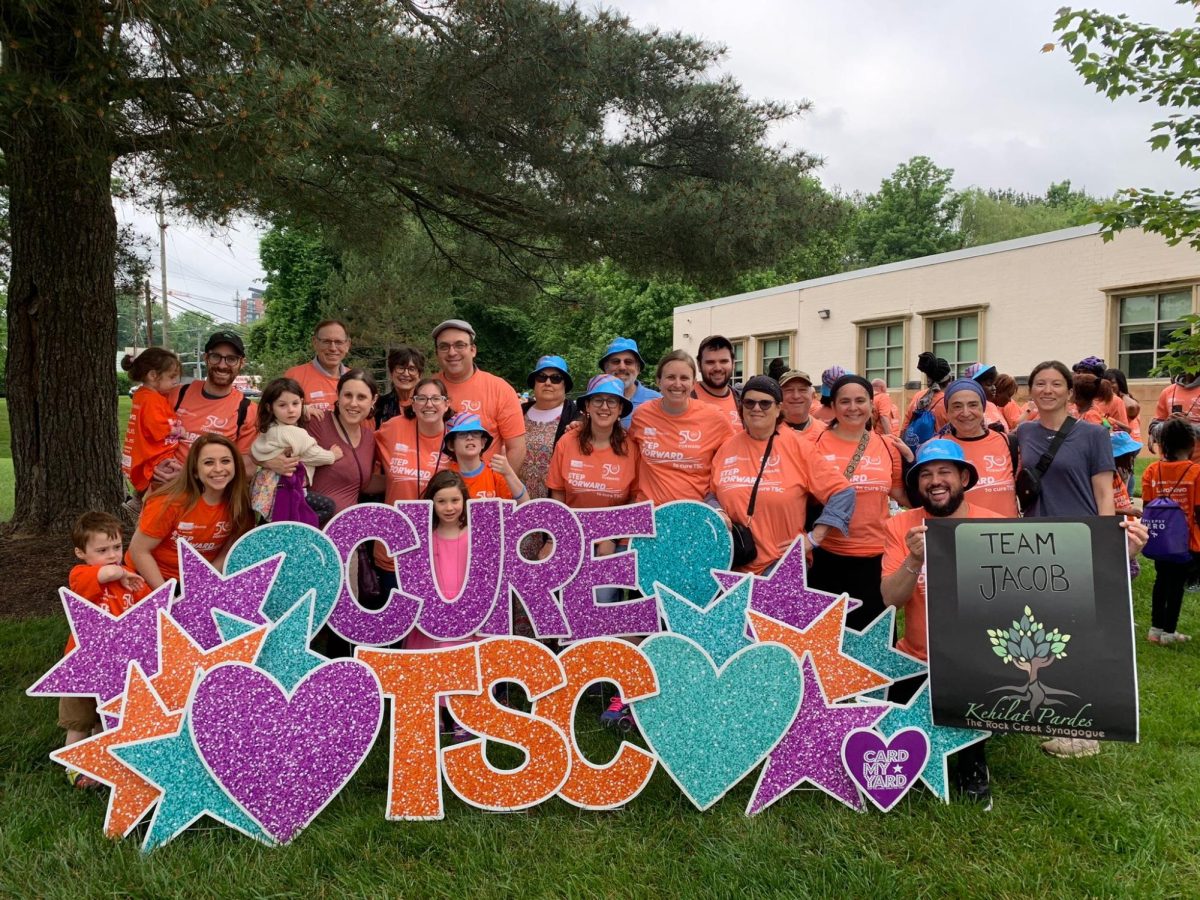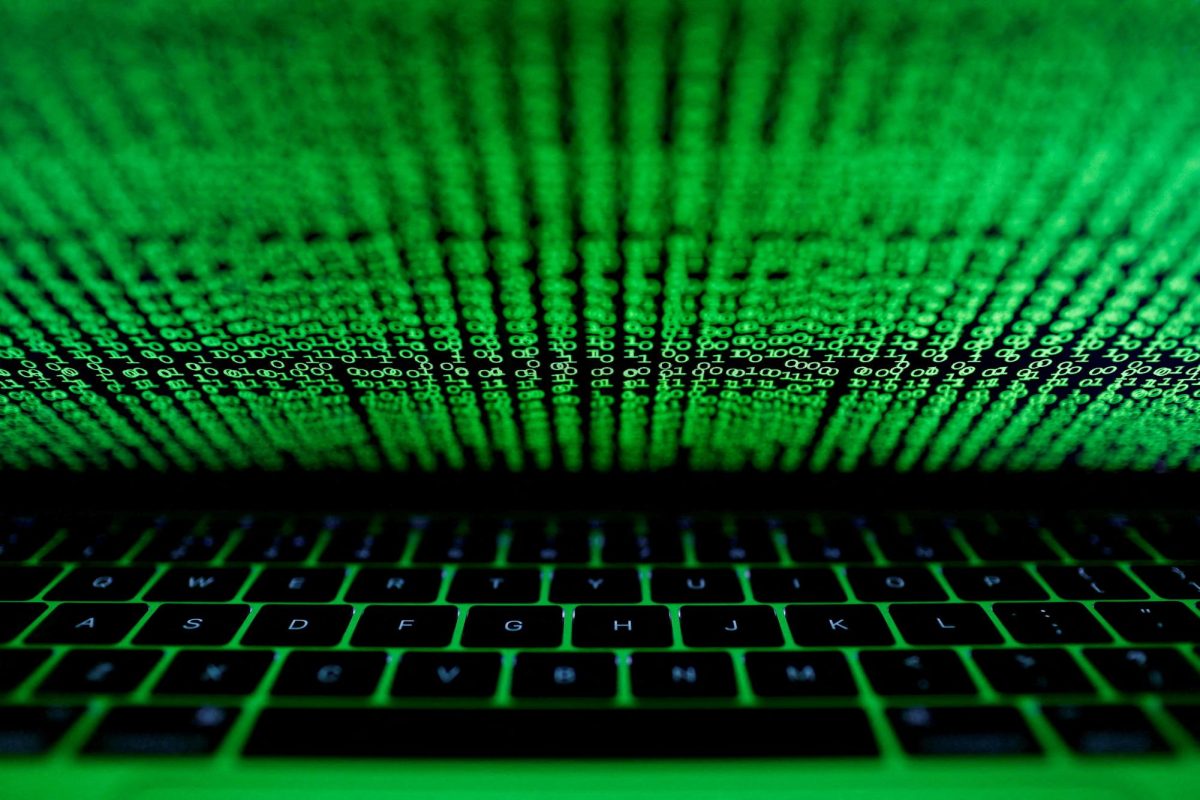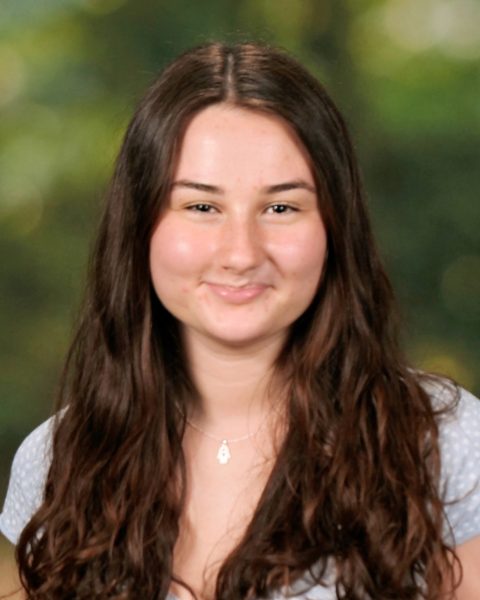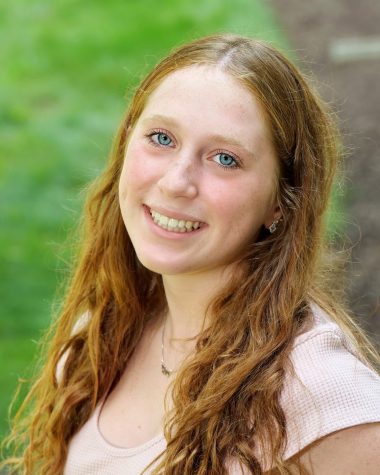Finals prep is a stressful time for students, jam-packed with flashcards and study guides. In the teacher’s office, however, preparation for finals looks a little different.
At CESJDS, final exams are worth 10% of students’ final grade, making them vital to the final year-grades of many students. Final exams vary by grade, class and whether or not the class is an advanced level course.
In writing her final, English teacher Nancy Wassner chooses to focus more on skills than the content itself. Such skills include analyzing evidence, discussing symbolism and laying out arguments.
“I think about what the class has been to that point and what would be fair for the class,” Wassner said. “So for example, … in a non advanced class, a larger proportion of our grade has been things like vocabulary and language skills. So I want those to be appropriately represented in the final exam also.”
The point in the year when teachers begin to draft their final exams varies. Some, like Wassner, start at the beginning of the first quarter, while others start closer to the date of the final exam.
Per school policy, the final exam can only focus on things taught in the second semester. However, the specifics of what appears on the exam are up to each teacher.
“I see the final as an opportunity to sort of test [the students’] knowledge a little bit more, and then try to bring in more themes from previous units,” history teacher Natalie Levitan said.
In addition to creating the actual exam, many teachers choose to provide students with a study guide. These study guides are different for every teacher and subject, with some listing the specific topics that might be on the exam to others that provide tips for studying.
“I actually just recommend that students continue to do the work until the end of the school year and that’s how to study,” Wassner said. “So for example, my last test will often have a lot of the same information that the final exam has because [the information] has been building up all year long.”
Rules for the final exams vary per subject. In math, students are allowed a calculator, and depending on the specific course, one sheet of notes. Similarly, in many science courses, like chemistry, students are also allowed a calculator. No matter what is permitted to bring into the exam, many teachers place more emphasis on the process of preparing for finals, rather than the actual studying itself.
“I know students are really focused on making sure that they can bring notes into the final, but [in] the process of making [the notes], you prioritize, and you figure out what you already know and what you don’t know,” math department chair Reuben Silberman said. “…Obviously [studying] is important, but understanding what you know and what you don’t know is, I think, the most important.”
Although finals can cause stress to students, Silberman believes that they are a valuable experience that will help students be prepared for final exams in college.
“I want [students] to come out of high school saying, ‘I’ve done this a bunch, I know I’m going to survive this, it’s not a big deal,’” Silberman said. “… And so just knowing that [students] know how to deal with [the stress of finals], to me is the most important thing.”


